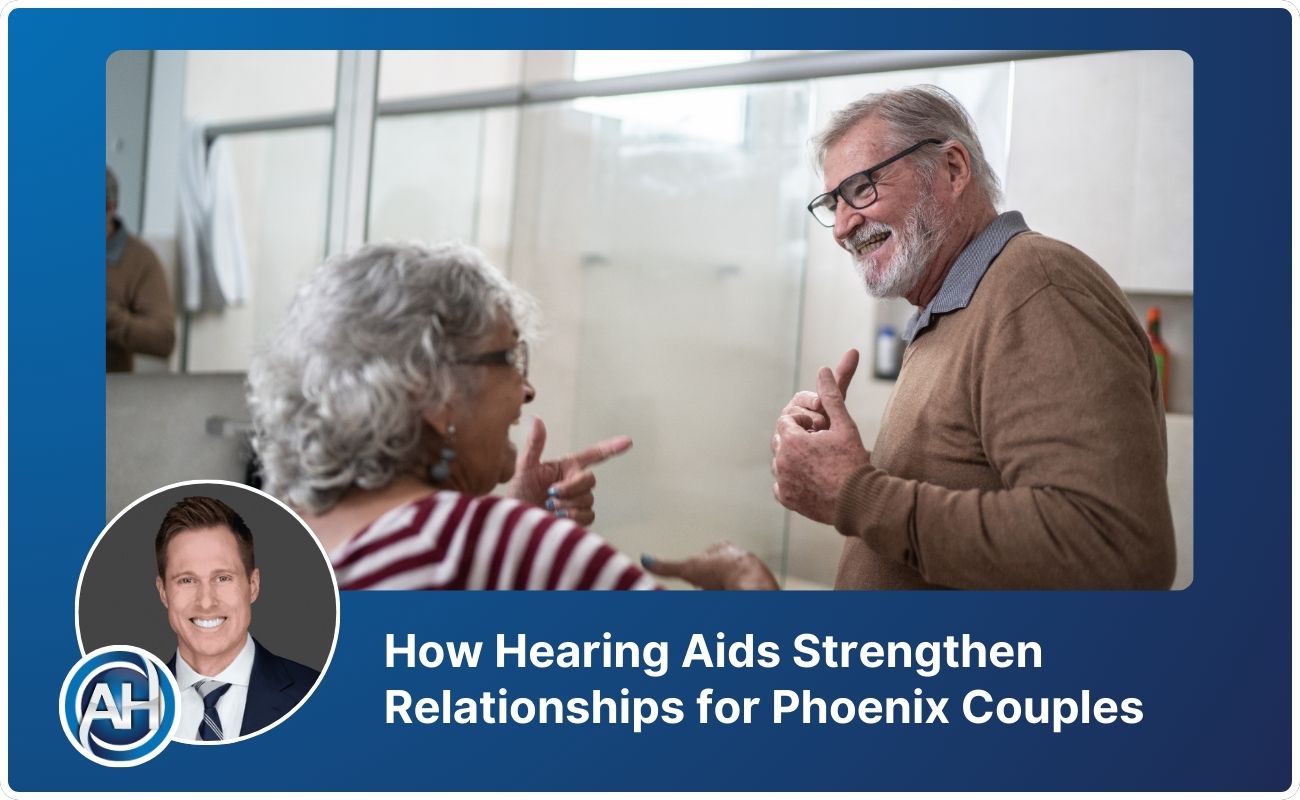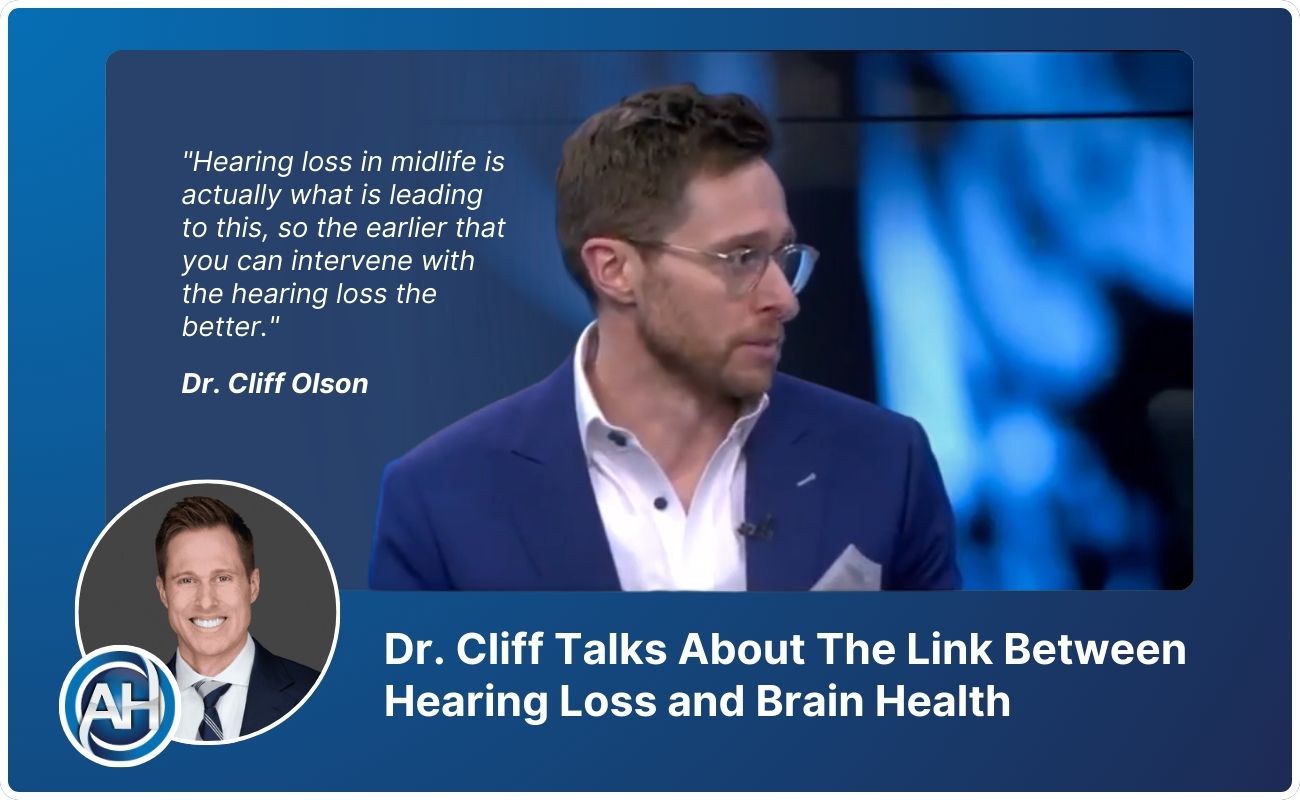
All About Noise Induced Hearing Loss
Today’s world is much noisier than the world of just a few hundred years ago. And while all of that industry and change may have brought about a lot of benefits, human hearing wasn't designed for all the noise. There are a number of reasons people suffer from hearing loss, and noise is one of them.
Integrate your CRM with other tools
Lorem ipsum dolor sit amet, consectetur adipiscing elit lobortis arcu enim urna adipiscing praesent velit viverra sit semper lorem eu cursus vel hendrerit elementum morbi curabitur etiam nibh justo, lorem aliquet donec sed sit mi dignissim at ante massa mattis.
- Neque sodales ut etiam sit amet nisl purus non tellus orci ac auctor
- Adipiscing elit ut aliquam purus sit amet viverra suspendisse potenti
- Mauris commodo quis imperdiet massa tincidunt nunc pulvinar
- Adipiscing elit ut aliquam purus sit amet viverra suspendisse potenti
How to connect your integrations to your CRM platform?
Vitae congue eu consequat ac felis placerat vestibulum lectus mauris ultrices cursus sit amet dictum sit amet justo donec enim diam porttitor lacus luctus accumsan tortor posuere praesent tristique magna sit amet purus gravida quis blandit turpis.

Techbit is the next-gen CRM platform designed for modern sales teams
At risus viverra adipiscing at in tellus integer feugiat nisl pretium fusce id velit ut tortor sagittis orci a scelerisque purus semper eget at lectus urna duis convallis. porta nibh venenatis cras sed felis eget neque laoreet suspendisse interdum consectetur libero id faucibus nisl donec pretium vulputate sapien nec sagittis aliquam nunc lobortis mattis aliquam faucibus purus in.
- Neque sodales ut etiam sit amet nisl purus non tellus orci ac auctor
- Adipiscing elit ut aliquam purus sit amet viverra suspendisse potenti venenatis
- Mauris commodo quis imperdiet massa at in tincidunt nunc pulvinar
- Adipiscing elit ut aliquam purus sit amet viverra suspendisse potenti consectetur
Why using the right CRM can make your team close more sales?
Nisi quis eleifend quam adipiscing vitae aliquet bibendum enim facilisis gravida neque. Velit euismod in pellentesque massa placerat volutpat lacus laoreet non curabitur gravida odio aenean sed adipiscing diam donec adipiscing tristique risus. amet est placerat.
“Nisi quis eleifend quam adipiscing vitae aliquet bibendum enim facilisis gravida neque velit euismod in pellentesque massa placerat.”
What other features would you like to see in our product?
Eget lorem dolor sed viverra ipsum nunc aliquet bibendum felis donec et odio pellentesque diam volutpat commodo sed egestas aliquam sem fringilla ut morbi tincidunt augue interdum velit euismod eu tincidunt tortor aliquam nulla facilisi aenean sed adipiscing diam donec adipiscing ut lectus arcu bibendum at varius vel pharetra nibh venenatis cras sed felis eget.
All About Noise Induced Hearing Loss
Today’s world is much noisier than the world of just a few hundred years ago. And while all of that industry and change may have brought about a lot of benefits, human hearing wasn't designed for all the noise. There are a number of reasons people suffer from hearing loss, and noise is one of them. When this happens, it is called noise induced hearing loss. In some situations, this type of hearing loss occurs instantly when a very loud noise occurs. Other times, it gets progressively worse over time. Understanding this type of hearing loss may help you to take steps to minimize its impact on you.
This type of hearing loss is not uncommon. In fact, studies indicate that 5.2 million people between the ages of 6 and 19 suffer from it, and about 26 million adults aged 20 to 69 suffer from it, according to the Cleveland Clinic data.
What Is Noise-Induced Hearing Loss?
When noise-induced hearing loss occurs, the inner ear structure suffers damage. Day to day sounds in the average environment do not cause damage to these structures. Things like the TV or conversations don’t damage hearing. When a sound is too loud or lasts for too long, that can cause damage to these sensitive structures and, ultimately, that can cause hearing loss.
This type of hearing loss can occur in anyone at any age, depending on the types of sounds they experience. Some examples of people who may be at a much higher risk of noise-induced hearing loss include:
- Those who attend loud concerns
- Those who engage in activities like gaming or listening to music in headphones at a very high sound level
- People who are in certain industries where loud noises are common such as agriculture, construction, oil or gas extraction, or the military
How Does Noise-Induced Hearing Loss Occur?
When very loud sounds occur, or you listen to loud sounds for a period of time, this can cause damage to the cochlea. This is an inner ear organ critical for hearing. The loud sounds damage the membranes and cells on the cochlea.
In some situations, this type of hearing loss can occur after exposure to a loud sound. When it happens, you may experience a loss of hearing for a few minutes or a few days. Most of the time, your hearing will come back, and it may seem like your hearing is just fine again.
However, that does not always ring true. In some situations, the inner ear membranes and cells are still damaged and can be destroyed. In situations like this, if there are enough cells to do so, your hearing should return to near normal levels. However, when there is ongoing damage or there is significant damage to most of the cells, the hearing does not improve.
Specifically, this type of hearing loss happens when the cells on the small hairs located within the inner ear die. There is no way for these cells to grow back if they are destroyed due to high levels of sound.
Consider How Sound Impacts the Ear Structure
To provide a better idea of how this type of damage can occur, consider what happens when sound enters into the ear canal.
- The sound waves travel through the ear canal, a narrow passageway, and reach the eardrum.
- The sound waves cause the ear drum to vibrate, much like the membrane on a drum instrument. Those vibrations reach the middle ear, where there are three very small bones.
- The bones in the middle ear will couple those vibrations, including the fluid-related vibrations that occur in the cochlea, which is located in the inner ear.
- The fluid within the cochlea begins to ripple and then travels through the basilar membrane. On this membrane are very small hair cells, which are sensory cells. Those cells ride the wave created.
- This causes the hair cells to move up and down, and as they do, they bump along the structure and bend. This bending then causes the tips of the stereocilia to open, allowing chemicals to move into the cell. This creates an electrical signal.
- Finally, the electrical signal then travels to the brain. The brain is then able to translate the sound it hears into what you recognize as sounds. It can then understand that sound more fully.
In hearing loss, there is damage to the hair cells that is often so significant that it destroys them. That leads to an inability of the cells to create those electrical signals.
Symptoms and Signs of Noise-Induced Hearing Loss
There are a wide range of indications that you could be suffering from noise-induced hearing loss. Sometimes, this type of hearing loss can happen suddenly and creates profound hearing loss. Other times, it will develop over time as a person experiences ongoing exposure to loud sounds. Some of the most common symptoms a person with this type of hearing loss may experience include:
- Ringing or buzzing in the ears (tinnitus)
- Distorted speech or muffled sounds
- Difficulty hearing high-pitched sounds, like birds
- Pressure in the ear
If you have symptoms like this, reach out to a hearing specialist, especially if they happen numerous times or they are leading to long-term hearing loss.
How Much Exposure to Loud Sound is Too Much?
This is where it can be very difficult to provide a simple answer. Many factors can create noise-induced hearing loss, and not everyone is impacted the same way. Not everyone that goes to a loud concert is going to have hearing loss that’s sustained. The person standing closest to the speakers is likely to have the highest risk factors, of course.
In everyday life, such as when a person is exposed to loud sounds for a long period of time, that can lead to hearing loss that is more gradual. It may take as long as 10 or more years to develop from consistent exposure.
One way to know what type of risks are present is to understand how noise is measured. We measure noise in decibels (dBA). Any noises that have 85 dBA or higher can cause hearing loss when you are exposed to it. So, how much is that? Here are some examples to help you:
- Sitting near the fireworks at a show could mean exposure to 140 to 160 dBA
- Riding a motorcycle exposes a person to between 80 and 110 dBA
- Construction work averages between 80 and 90 dBA
- The movies can create sounds that range from 74 to 104 dBA
- A loud concert can be 113 or higher dBA
Does that mean you cannot engage in these activities? That’s not necessarily the case, but you should take steps to limit the frequency as well as wear protective hearing devices when possible.
Is It Possible to Prevent Noise-Induced Hearing Loss?
While you cannot prevent the unpredictable, there are situations where you can reduce the risk of hearing damage by limiting the exposure to very loud sounds. Here are some tips on doing so:
- Wear earplugs when you are going to be around any type of expected loud sound. You can purchase protective ear devices, such as earmuffs, to do this.
- Understand the risks of loud noises, especially noises that may be tolerable but also are constant exposures.
- Pay attention to hazardous sounds that are in your environment and work to minimize your exposure to them.
- Whenever possible, stay away from the loud sounds. Move as far from them as you can.
- Protect the ears of children who may not realize the damage that can occur as a result of this type of exposure.
What to Do If You Think You Have Noise-Induced Hearing Loss
If you believe you may have had such exposures and may have symptoms of hearing loss, set up some time to discuss your experiences with a licensed audiologist or hearing specialist. At the same time, work to protect your hearing going forward with the use of ear plugs and other protective devices on an ongoing basis.
If you have this type of hearing loss, there is no way to encourage healing or regrowth of the hair cells. That is why being as active as possible in preventing further hearing loss to reduce the risk to the remaining hair cells is so important.
It’s critical to take action and see a specialist if you have this type of hearing loss. That’s because hearing loss impacts a person’s quality of life. As such, you want to be sure you are taking any steps possible now to prevent further damage.
By scheduling a hearing test, you can determine if you have hearing loss, the underlying cause of it, and what steps can be taken to protect your hearing going forward. You will find that this type of hearing test is painless, and there is really no type of invasive component to it. It also only takes a short among of time to complete. Then, you can work with the team to determine if there are any steps you can take to reduce your risks and improve outcomes.




